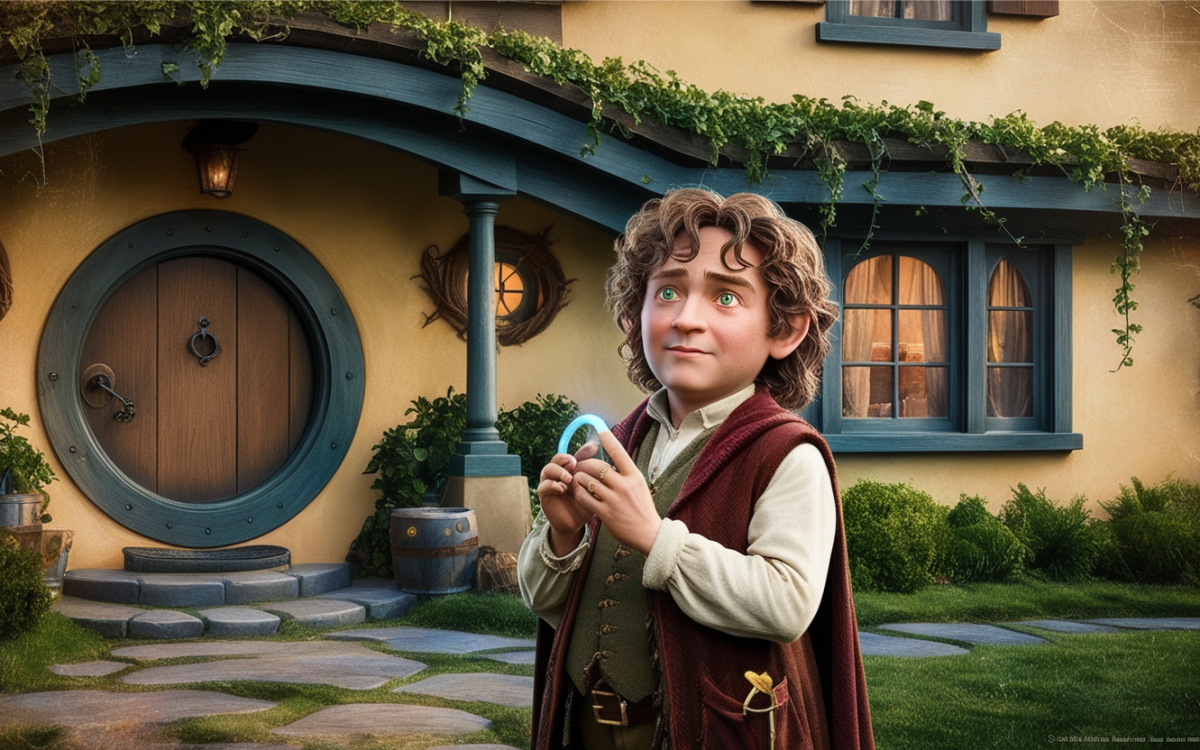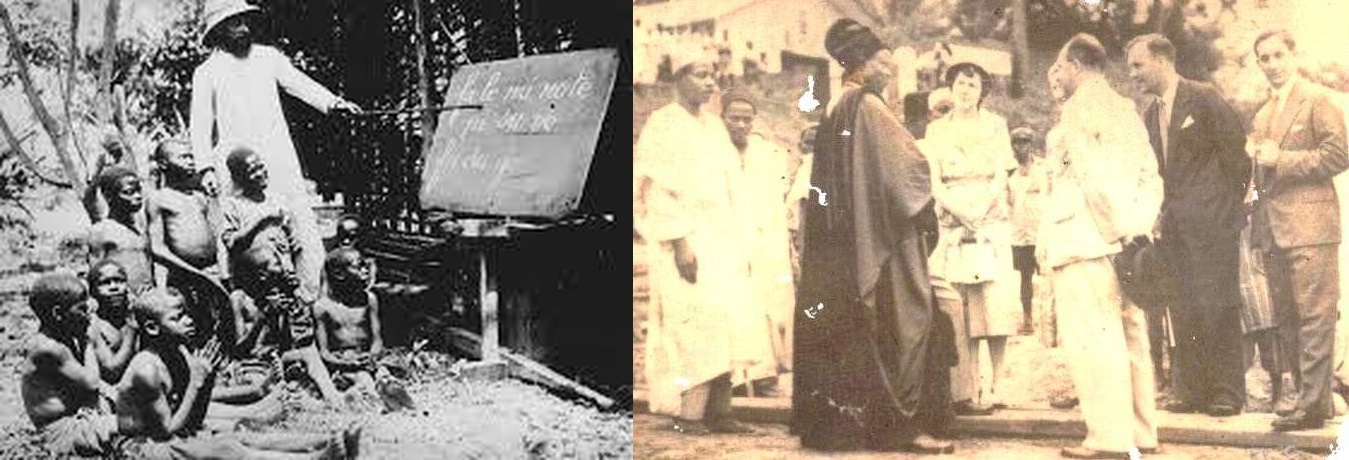One Ring to rule them all, One Ring to find them, One Ring to bring them all and in the darkness bind them.”
This review explores J.R.R. Tolkien’s redefinition of heroism through Frodo Baggins in “The Lord of the Rings” trilogy. Analyzing Frodo’s untraditional hero traits, it contrasts him with classical hero archetypes, citing scholars like Philip Zimbardo and Scott T. Allison. By examining Tolkien’s narrative choices and comparing contemporary works, it highlights how ordinary characters embody true heroism through resilience, courage, and moral fortitude.
Reimagining Heroism
J.R.R. Tolkien’s “The Lord of the Rings” trilogy is a monumental work that has captivated readers for generations. Despite its vast array of characters and epic battles, the protagonist, Frodo Baggins, stands out as an unconventional hero. In modern terms, a hero is often seen as a figure with superhuman strength, courage, or ability, often favored by the gods and immortalized in tales. However, Frodo challenges this archetype, embodying a different kind of heroism.
Challenging Traditional Heroism
Philip Zimbardo, in “What Makes a Hero?”, defines heroism as a concern for others in need, defending a moral cause at personal risk, without expectation of reward. This contrasts sharply with traditional notions of heroism that focus on physical prowess and charisma. Scott T. Allison and George R. Goethals, in their book “Our Definition of ‘Hero,’” list eight traits typical of heroes: smart, strong, resilient, selfless, caring, charismatic, reliable, and inspiring. Frodo, however, possesses few of these traits.
As Tolkien describes in “The Fellowship of the Ring,” hobbits are “a little people, about half our height, and smaller than the bearded Dwarves. Hobbits have no beards. There is little or no magic about them, except the ordinary everyday sort which helps them to disappear quietly and quickly when large stupid folk like you and me come blundering along, making a noise like elephants which they can hear a mile off.” This description sets hobbits apart from traditional heroes, emphasizing their simplicity and unassuming nature.
Frodo’s Reluctance and Resilience
Frodo’s reluctance to accept his role is evident when he tells Gandalf, “I do really wish to destroy it!… Or, well, to have it destroyed. I am not made for perilous quests. I wish I had never seen the Ring! Why did it come to me? Why was I chosen?” (“The Fellowship of the Ring”). This sentiment reflects a stark contrast to the eager hero archetype and underscores Frodo’s humanity and vulnerability.
Helen Parshall, in her article “Hobbits: Tolkien’s Unlikely Heroes,” argues that Tolkien’s choice of hobbits as protagonists is revolutionary. “Hobbits show the full trajectory of what courage actually means: starting from a place of innocent fear, acknowledging the fear and its limitations, and then harnessing those fears to do what must be done for the greater good.” Frodo’s journey exemplifies this, transforming from a fearful hobbit to a bearer of immense responsibility.
The Significance of Hobbits in Heroism
Tolkien’s decision to make hobbits the central figures of his epic narrative is a deliberate subversion of traditional heroic ideals. Bilbo, Frodo, Sam, Merry, and Pippin are far from the powerful elves, men, or wizards typically associated with epic tales. Instead, their strength lies in their resilience, loyalty, and moral fortitude.
Gandalf’s reflection on hobbits encapsulates this sentiment: “My dear Frodo, Hobbits really are amazing creatures. You can learn all that there is to know about their ways in a month and yet, after a hundred years, they can still surprise you” (“The Fellowship of the Ring”). This statement highlights the profound and often underestimated potential within ordinary individuals.
A New Paradigm of Heroism
The legacy of Tolkien’s hobbits extends beyond “The Lord of the Rings.” Contemporary authors like Michael J. Sullivan, in his series “Legends of the First Empire,” continue to explore the theme of unlikely heroes. By choosing ordinary characters to perform extraordinary feats, these authors emphasize that heroism is not defined by physical strength or grandeur but by courage, resilience, and the willingness to act for the greater good.
Through Frodo Baggins, Tolkien redefines what it means to be a hero. He demonstrates that heroism can come from the most unexpected places and that even the smallest person can change the course of the future. This reimagining of heroism challenges readers to reconsider their perceptions and recognize the potential for greatness within themselves and others.
-
Facebook
-
Twitter
-
Linkedin
-
Whatsapp






